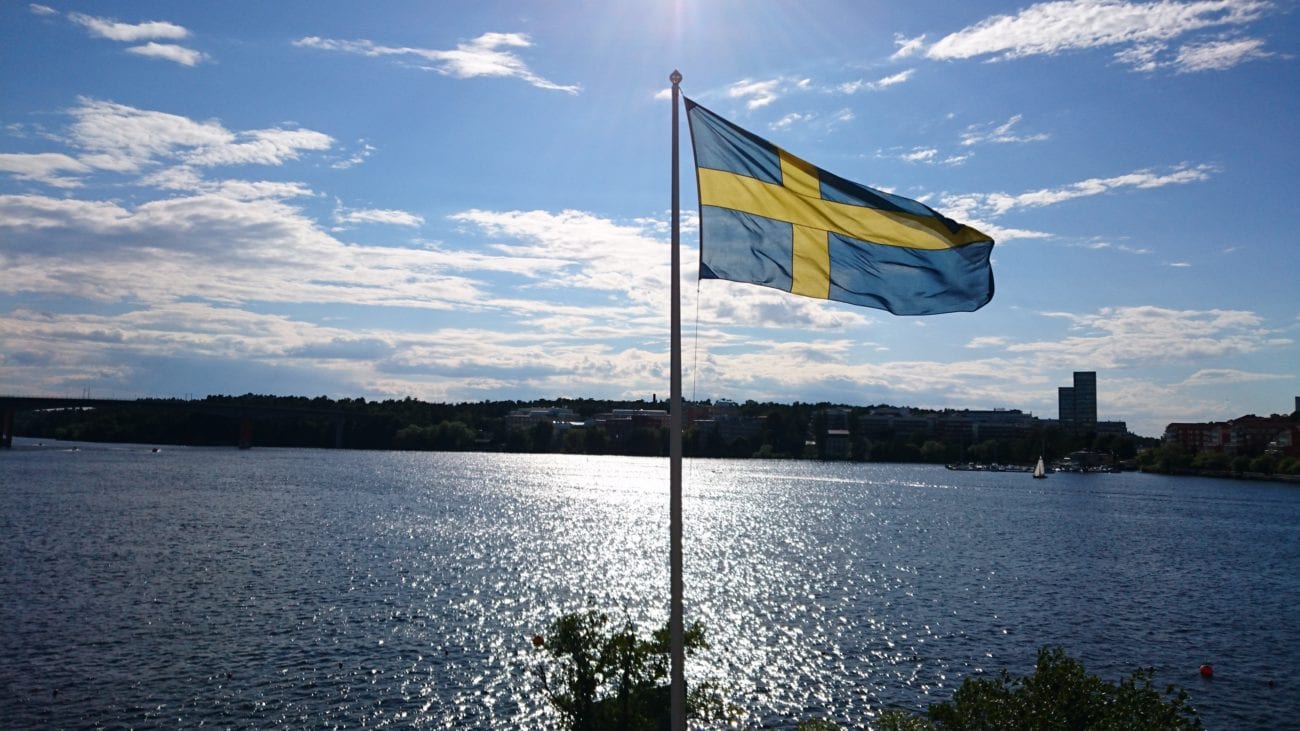Sweden’s BOS blasts government’s approach to illegal gambling
| By iGB Editorial Team
Branschföreningen för Onlinespel (BOS), Sweden’s trade association for online gambling, has hit out at the national government’s approach to illegal gaming activities, saying imposing certain restrictions on licensed operators will allow illegal sites to increase their market share.

Branschföreningen för Onlinespel (BOS), Sweden’s trade association for online gambling, has hit out at the national government’s approach to illegal gaming activities, saying imposing certain restrictions on licensed operators will allow illegal sites to increase their market share.
This week, the Swedish Gaming Authority (Spelinspektionen) published figures showing that the share of licensed gambling in Sweden is between 85 and 87%, with the remaining share taken up by the black and grey market.
BOS noted that this is below Spelinspektionen’s previous estimate, and it is also lower than the government’s channelisation target that at least 90% of the gambling in Sweden takes place on licensed platforms.
The association, which previously raised concerns over channelisation, also said the 85 and 87% share is for all forms of gambling in the country and not just igaming. According to BOS, the channelisation figure in online casino and sports betting is lower than this.
“No one that has been paying attention to the political outburst and the astronomical fines on licensed gambling companies can be surprised over this development,” BOS secretary general Gustaf Hoffstedt said. “My assessment is that the reduction is part of a trend. Unless the Government takes forceful action to protect its own reregulation the channelisation is likely to decrease further.”
Spelinspektionen has moved to clamp down on illegal gaming activities, handing out a series of sanctions against licensed operators that have breached gambling laws.
The government is also currently mulling over proposals to introduce stricter rules for gambling marketing, including a blanket ban on advertising, similar to the new set-up in Italy.
In addition, licensed operators in the country may be forced to withdraw certain betting markets, should new regulations come into place. Mooted plans include a ban on betting markets that can be influenced by a single player in a match, such as corners and yellow and red cards.
However, BOS has criticised the approach, saying that by forcing licensees to adhere to additional rules and regulations could open the door for unlicensed websites, which do not have to follow the law, to gain a greater market share.
“To discuss marketing restrictions for licensed online casino operators in these circumstances, as well as prohibiting certain popular gambling objects shows that the government does not understand the gravity of the situation,” Hoffstedt said.
“Such restrictions would virtually mean giving away the Swedish gambling market to unlicensed operators. The government is currently acting as the best friend of the black and grey market and this needs to end.”
This week, Spelinspektionen reported a quarter-on-quarter increase in licensed igaming revenue for the three months to the end of September, but saw a drop in overall market revenue for the period.
Commercial online gambling and betting, combined with online gaming on ships in international traffic, amounted to SEK3.48bn (£281m/€327m/$362m), up from SEK3.48bn in the second quarter. Overall gambling revenue during the came in at SEK5.90bn, which is lower than SEK6.11bn in Q2.
